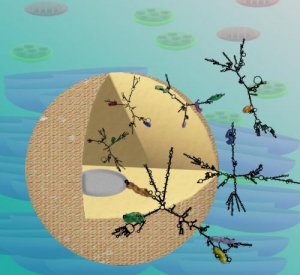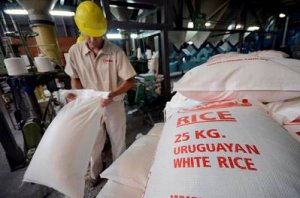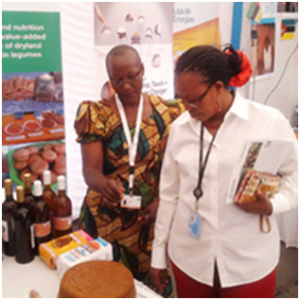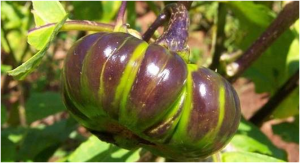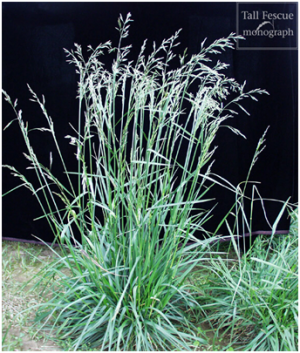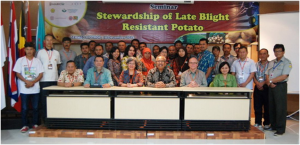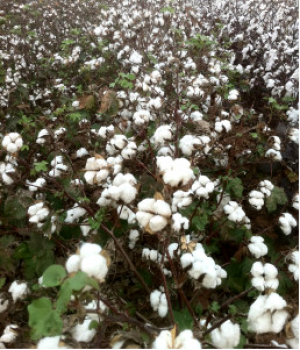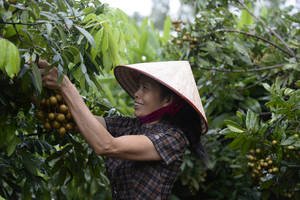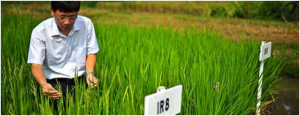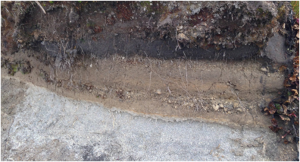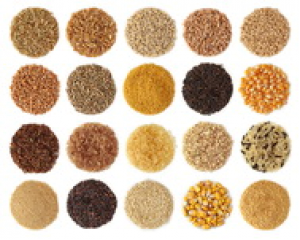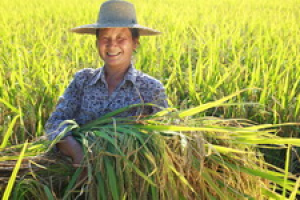|
Biofortified pearl millet varieties to fight iron and zinc deficiencies in India
Wednesday, 2016/10/26 | 08:02:03
|
|
ICRISAT October 2016: Micronutrient deficiencies that are the cause of serious health problems, could be overcome by a high iron and zinc fortified pearl millet variety, called Dhanashakti
Figure: High Iron hybrid Shakti ICMH 1201
Micronutrient malnutrition because of iron and zinc deficiencies is a serious public health problem in low-and middle-economy countries worldwide. In India alone, about 80% of the pregnant women, 52% of non-pregnant women, and 74% of children in the 6-35 months age group suffer from iron deficiency. About 52% of children below 5 year are zinc deficient.
Iron deficiency causes varying degrees of impairment in cognitive performance, and learning ability, lowered work capacity, and pregnancy complications (e.g., maternal mortality, and babies with low birth weight). Zinc deficiency in children causes stunting, makes them vulnerable to diarrhoea, pneumonia, and can lead to death from these infections.
Crop biofortification, which refers to the breeding of cultivars with higher levels of micronutrients, is increasingly being recognized as a cost-effective and sustainable approach to overcome these deficiencies in the food chain.
Spearheaded by HarvestPlus Program of CGIAR, global crop biofortification research was initiated by several CGIAR centers on 12 crops, including pearl millet. This has led to several success stories based on which HarvestPlus was recognized with the World Food Prize in 2016.
Under the biofortification program, the International Crops Research Institute for the Semi-Arid Tropics (ICRISAT) and Mahatma Phule Krishi Vidyapeeth jointly developed a high-iron variety of pearl millet, called Dhanashakti, which was released in 2012 in Maharashtra and later in 2013 across India, making it the first mineral biofortified product of any crop cultivar released in India.
Dhanashakti has 71 mg/kg iron and 40 mg/kg zinc. It was rapidly adopted by farmers, reaching 65,000 farmers by 2015. The seed of Dhanashakti is available with Nirmal Seed Company and State Seed Corporations in Maharashtra, Karnataka, Telangana, Uttar Pradesh, Haryana and Rajasthan.
ICRISAT has also developed a high-iron pearl millet hybrid (ICMH 1201), which is being marketed, using Truthfully Labelled Seed (self-certification), by ShaktiVardhak Seed Company under its brand name Shakti 1201. This hybrid has 75 mg/kg iron and 40 mg/kg zinc (similar to Dhanashakti), but it has more than 30% higher grain yield than Dhanashakti. In 2015, Shakti 1201 was adopted by more than 35,000 farmers.
|
|
|
|
[ Other News ]___________________________________________________
|


 Curently online :
Curently online :
 Total visitors :
Total visitors :
(26).png)
